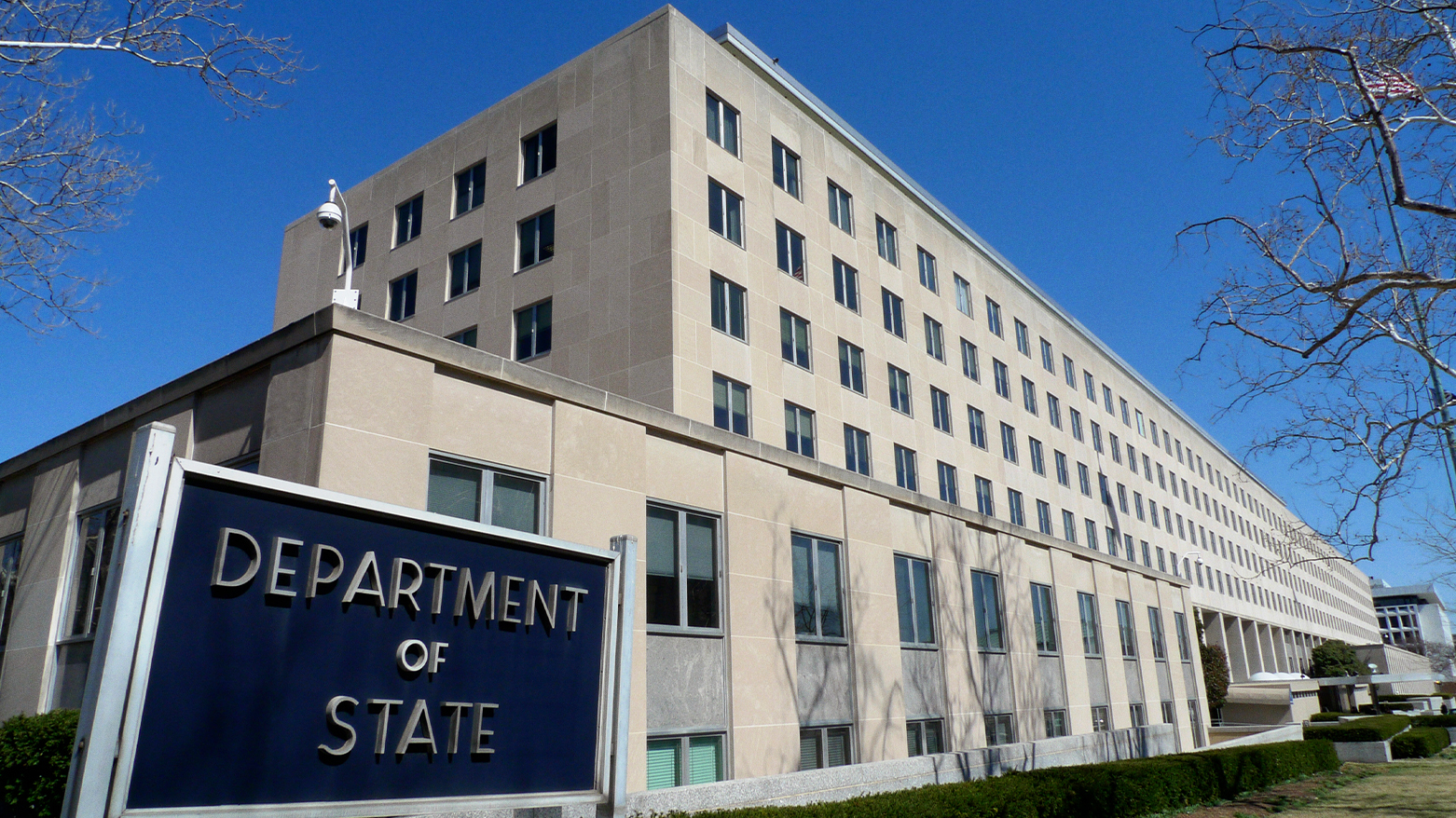US Calls on Turkey to Coordinate with Iraq, KRG and Protect Civilians
“We continue to encourage the Government of Türkiye to coordinate with Government of Iraq and Kurdistan Regional Government authorities on cross-border military operations and to protect civilians from harm."

WASHINGTON DC, United States (Kurdistan 24) – Washington has said that Turkey should coordinate with Iraq and the Kurdistan Regional Government (KRG) before undertaking any cross-border military operations.
Such cross-border operations have caused deaths among civilians, and last week, State Department Spokesperson Matthew Miller was asked to respond to one such incident in which a shepherd was killed.
Miller was unfamiliar with the incident, so he “took” the question—meaning that the State Department would review the issue and then provide a response.
So Kurdistan 24 asked to be informed of the answer, and a State Department spokesperson replied by email.
“We continue to encourage the Government of Türkiye to coordinate with Government of Iraq and Kurdistan Regional Government authorities on cross-border military operations and to protect civilians from harm,” she said.
The U.S. has designated the Kurdistan Workers Party (PKK) as a terrorist organization, and she also said, “We recognize the ongoing threat posed by the PKK.”
Turkish-Arab Reconciliation
In addition, she stated, “We were glad to see the August 2024 announcement of Türkiye-Government of Iraq cooperative security agreements.”
Read More: Iraq, Turkey sign key memoranda on military, security, and counter-terrorism cooperation
Indeed, security cooperation between Iraq and Turkey may be further enhanced by a recent reconciliation between Turkey and the Arab states.
Last week, Abdel Fattah al-Sisi—who has been president of Egypt since 2014—paid his first visit to Turkey.
Thus, it took Sisi ten years, before he made a presidential trip to Ankara. Turkish-Egyptian relations were long-strained, because of Ankara’s support for the Muslim Brotherhood in Egypt, following the 2011 overthrow of its former president, Hosni Mubarak, in the so-called “Arab spring.”
But in 2020, as a Reuters report explained, Turkey “launched a diplomatic drive to ease tensions” with key Arab countries, including Saudi Arabia, the United Arab Emirates, and Egypt. It appears, finally, to have paid off.
During Sisi’s visit to Ankara, Egypt and Turkey signed 18 memoranda of understanding, including on agriculture, culture, defense, education, energy, finance, health, tourism, and transport.
And Sisi’s visit proved preliminary to the attendance of Turkish Foreign Minister Hakan Fidan at a meeting of Arab League Foreign Ministers, which was held in Cairo earlier this week.
It was the first time in over a decade that Turkey was invited to attend a high level Arab League meeting, as Al-Monitor explained. In addition to Ankara’s support for the Muslim Brotherhood in Egypt, its backing of the opposition to Syrian President Bashar al-Assad had also been an issue dividing Turkey from the Arabs.
Syria’s Foreign Minister did walk out of the meeting as Fidan spoke, signaling “Assad’s continued reluctance to normalize relations despite considerable pressure from his Russian mentors,” Al-Monitor explained.
Fidan focused on the Palestinian issue and stressed the need “to protect the Islamic identity of Haram al-Sharif,” site of the Al-Aqsa Mosque in Jerusalem’s old city, while Fidan condemned those who continued to support Israeli Prime Minister Benjamin Netanyahu as “accomplices in the ongoing genocide.”
In addition to Fidan, other non-Arab attendees included the head of foreign policy in the European Union, Josep Borrell, as well as the head of UNRWA, Philippe Lazzarini, and the UN Senior Humanitarian and Reconstruction Coordinator for Gaza, the Dutch diplomat, Sigrid Kaag.